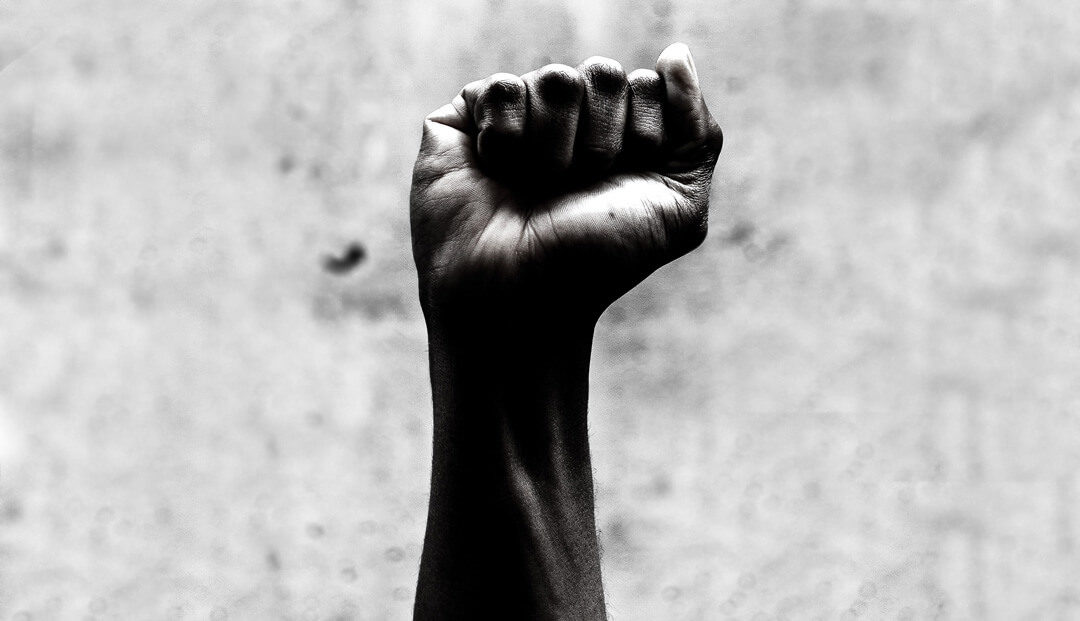First published August 2017, updated July 2021.
National Women’s Day South Africa is celebrated annually on the 9th of August. On this day, South Africa commemorates the day on which 20,000 women of colour marched to the Union Buildings in Pretoria to protest against amendments to the Apartheid laws.
Considered Women’s Month in South Africa, August is a time in which we commemorate the iconic South African women that fought in the struggle against Apartheid. Women’s Month is also a time where we empower, honour and celebrate the beauty and strength of South African women in our society today.
The History of National Women’s Day
On Thursday the 9th of August 1956, 20 000 women marched to the Union Buildings in Pretoria to petition against the enforcement of black women needing to carry passes under the Apartheid pass laws.
The Pass Laws Act required people of colour to carry an identification document or ‘pass’ on them at all times. This controlled and restricted their freedom of movement under the Apartheid regime and, if unable to present a pass on request, they were refused access to what was known as whites-only areas.
The protest was organised by the anti-apartheid group, the Federation of South African Women (FEDSAW), whose aim was to strengthen the voices and influence of women from all ethnicities in the movement towards a democratic society.
The protest was scheduled for a Thursday, a day on which traditionally the African domestic workers had leave from their jobs. This ensured that there would be enough multicultural women to take part and, sure enough, on the 9th of August, thousands of women marched to the Union Buildings in Pretoria, the centre of the South African government, and handed over a petition containing more than 100 000 signatures opposing the introduction of passes for African women.
During the procession of events, thousands of women stood silently outside Prime Minister J.G. Strijdom’s door for 30 minutes before singing the protest song, “Wathint’ Abafazi Wathint’imbokodo!” which translates to Now you have touched a woman, you have struck a rock.
Later, this line of the protest song was adapted to the phrase, “Now you have struck a woman, you have struck a rock”. This phrase has come to represent the courage and strength of South African women.
Some of the most revered freedom fighters and political activists that were involved in fighting for South Africa’s liberation include Fatima Meer, Winnie Madikizela-Mandela, Albertina Sisulu and Ruth First.
How to celebrate women’s day in South Africa
The first National Women’s Day in South Africa was celebrated on 9 August 1995. In 2006, the day was celebrated with a reenactment of the march staged for its 50th anniversary. Many of the 1956 march veterans participated in the reenactment.
Today, National Women’s Day South Africa is celebrated by drawing attention to many of the important issues that women in South Africa, and across the world, still face. Issues such as gender-based violence, discrimination, unequal pay, harassment at the workplace, access to sanitary products and fair access to education.
National Women’s Day is based around similar principles as International Women’s Day, which is celebrated annually on March 8th, and strives for much of the same freedoms and rights.
Apart from taking part in the many women’s day events like spa days, restaurant specials, and picnics; here are a few more meaningful ways that you can celebrate and honour National Women’s Day in South Africa:
- Donate to or volunteer at women empowerment organisations, shelters, and schools. A few examples include 18twenty8, Project Dignity, Saartjie Baartman Centre for Women and Children, POWA, and The Frida Hartley Shelter.
- Start a collection for sanitary products and other toiletries to donate to local women’s shelters and schools.
- Donate old clothes, bedding, toys, and household items to women, mothers, and girls in need.
- Advocate for gender equality in your workplace.
- Support local, women-owned businesses.
- Mentor young women in your industry.
- Organise online meet-ups for women in your circle and industry to network and encourage each other.
- Celebrate female artists by buying their artwork, attending their exhibitions, and promoting their work on your social media channels.
- Include men in your conversations about the issues that women are currently facing.
- Buy and read books by female South African authors. A few ideas include Collective Amnesia by Koleka Putuma, Reclaiming the Soil: A Black Girl’s Struggle to Find Her African Self by Rosie Motene, and Period Pain by Kopano Matlwa.
Women’s Day quotes South Africa
The quote, “You strike a woman, you strike a rock,” from the 09 August 1956 March has continued to inspire and strengthen women from all walks of life. Here are a few other women’s day South Africa quotes from the women who marched that can still inspire us.
“If you are to free yourselves you must break the chains of oppression yourselves. Only then can we express our dignity, only when we have liberated ourselves can we cooperate with other groups. Any acceptance of humiliation, indignity or insult is acceptance of inferiority.”
Winnie Madikizela-Mandela
“Regardless of how many years we have spent in this life, we must get up and shout.”
Professor Fatima Meer
“I stand for simple justice, equal opportunity and human rights. The indispensable elements in a democratic society – and well worth fighting for.”
Helen Suzman
“Women are the people who are going to relieve us from all this oppression and depression. The rent boycott that is happening in Soweto now [in 1956] is alive because of the women. It is the women who are on the street committees educating the people to stand up and protect each other.”
Albertina Sisulu
Visit the site of the historic Women’s March of 1956, the Union Buildings, as well as other points of interest in Pretoria during the Pretoria City Highlights and Attractions Tour. Contact African Travel Canvas to begin planning your vacation in Africa.
Read about the other important public holidays in South Africa:
- What is Human Rights Day and Why We Celebrate on March 21
- What is Freedom Day in South Africa and Why Do We Celebrate It
- Why We Celebrate Youth Day on 16 June
- National Heritage Day in South Africa: What is Heritage Day and Why Do We Celebrate It
- While not a public holiday, here’s how you can celebrate Mandela Day on 18 July.


2019 and beyond The world has witnessed a significant change and attitudinal shift in both women’s and society’s thoughts about women’s equality and emancipation. Many from a younger generation may feel that ‘all the battles have been won for women’ while many feminists from the 1970’s know only too well the longevity and ingrained complexity of patriarchy. With more women in the boardroom, greater equality in legislative rights, and an increased critical mass of women’s visibility as impressive role models in every aspect of life, one could think that women have gained true equality. The unfortunate fact is that women are still not paid equally to that of their male counterparts, women still are not present in equal numbers in business or politics, and globally women’s education, health and the violence against them is worse than that of men. However, great improvements have been made. We do have female astronauts and prime ministers, school girls are welcomed into university, women can work and have a family, women have real choices. And so each year the world inspires women and celebrates their achievements. IWD is an official holiday in many countries including Afghanistan, Armenia, Azerbaijan, Belarus, Burkina Faso, Cambodia, China (for women only), Cuba, Georgia, Guinea-Bissau, Eritrea, Kazakhstan, Kyrgyzstan, Laos, Madagascar (for women only), Moldova, Mongolia, Montenegro, Nepal (for women only), Russia, Tajikistan, Turkmenistan, Uganda, Ukraine, Uzbekistan, Vietnam and Zambia. The tradition sees men honouring their mothers, wives, girlfriends, colleagues, etc with flowers and small gifts. In some countries IWD has the equivalent status of Mother’s Day where children give small presents to their mothers and grandmothers.
Siyabonga to the brave women who did what men hadnt done. The brutality of apartheid was confrinted head on. Again ons se baie dankie, enkosi bomama
How to I open my own womans organization
Hi Vida, Have you thought about reaching out to other organisations of a similar nature? Or, is there a professional network in your city that you could join? Good luck!
I’d like to join as i want to know more about the National Women’s Day, the day that is celebrating /Commemorated every 9th August each year, I feel touched by this commemorative of the day
Thanks to those women who fight on our behalf.